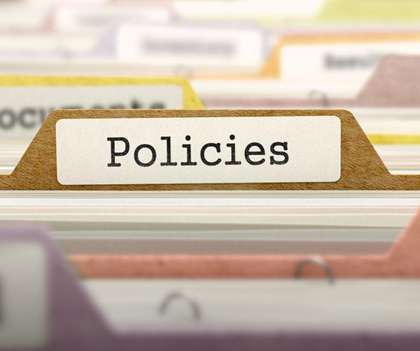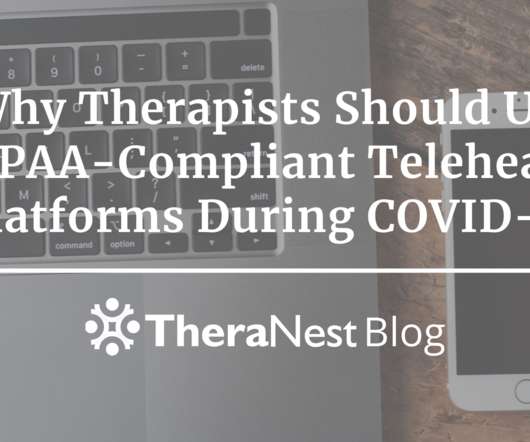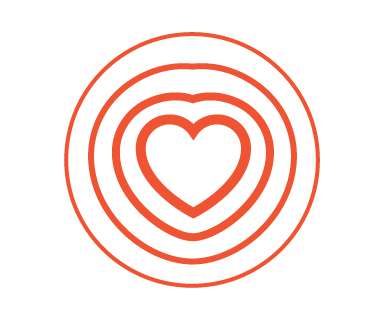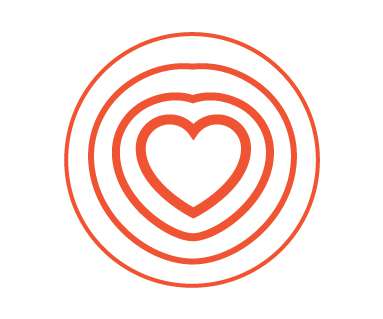Quick Policy Review: HIPAA for Mental Health Professionals
Telebehavioral Health Institute
SEPTEMBER 8, 2022
Mental health and addiction professionals are legally required to ensure that patients and clients can trust their private information is protected. Maintaining the privacy of that information is known as the clinician’s duty to maintain confidentiality. HIPAA Guidelines for Mental Health Professionals.

















Let's personalize your content